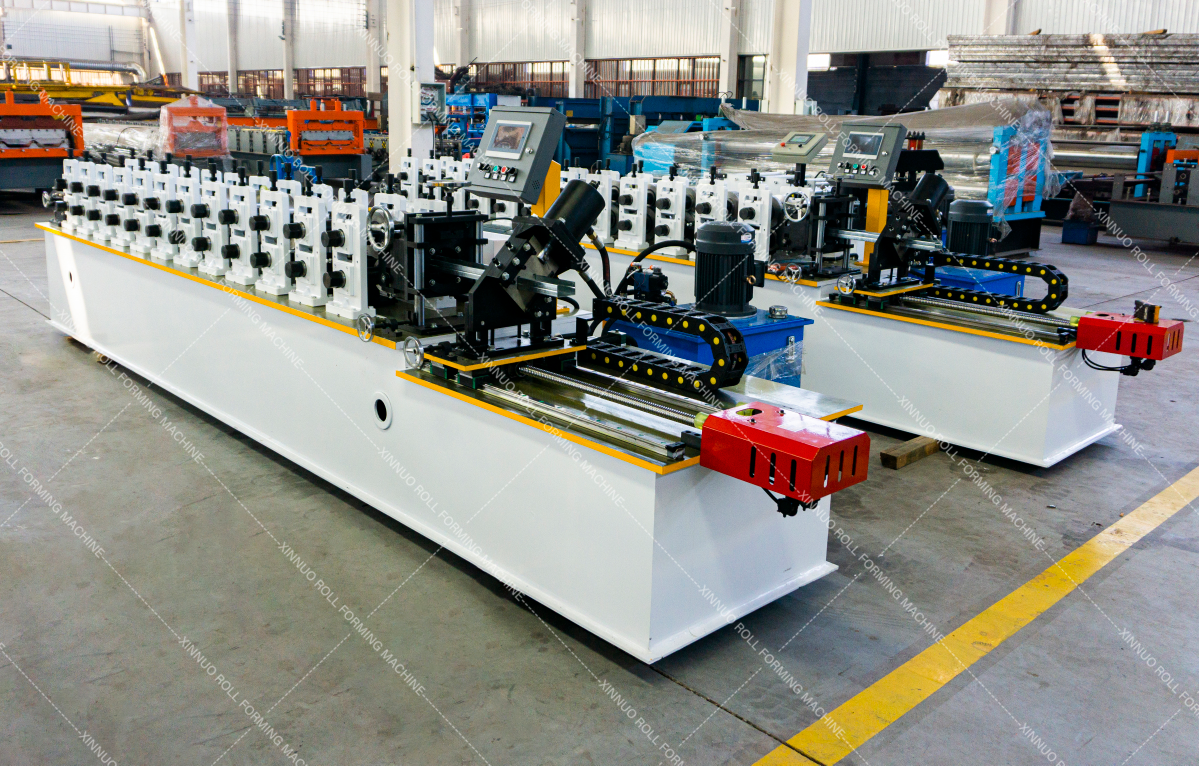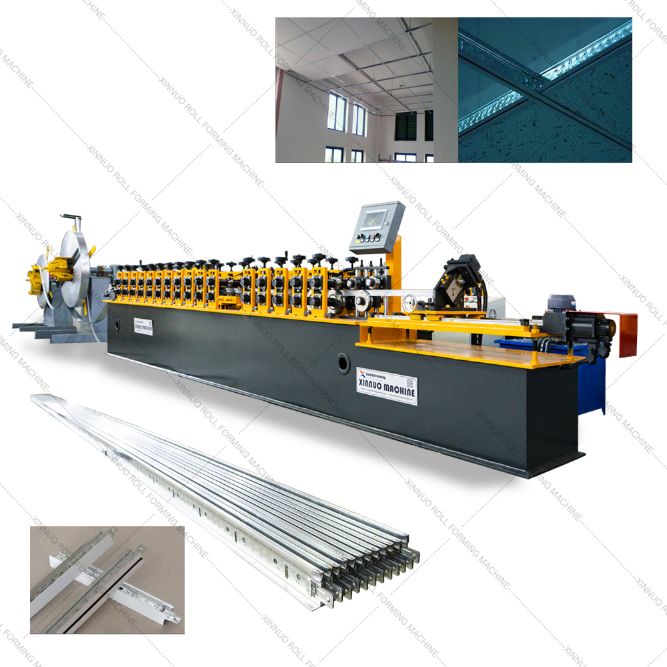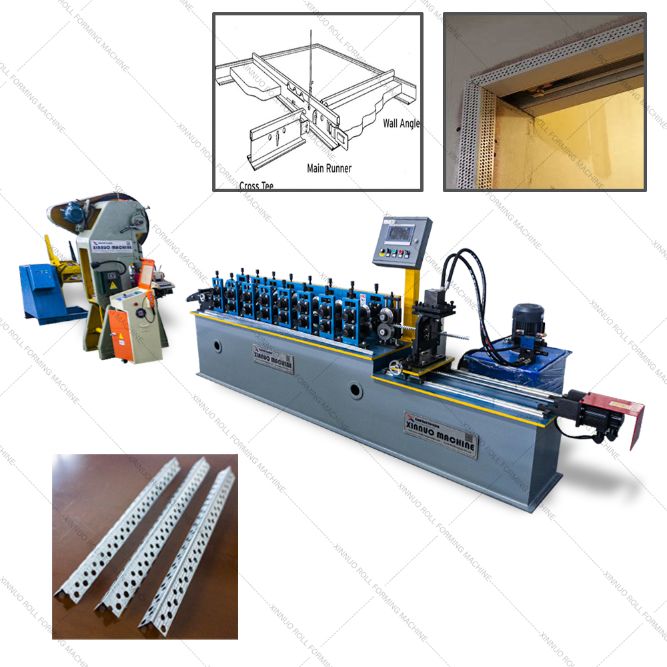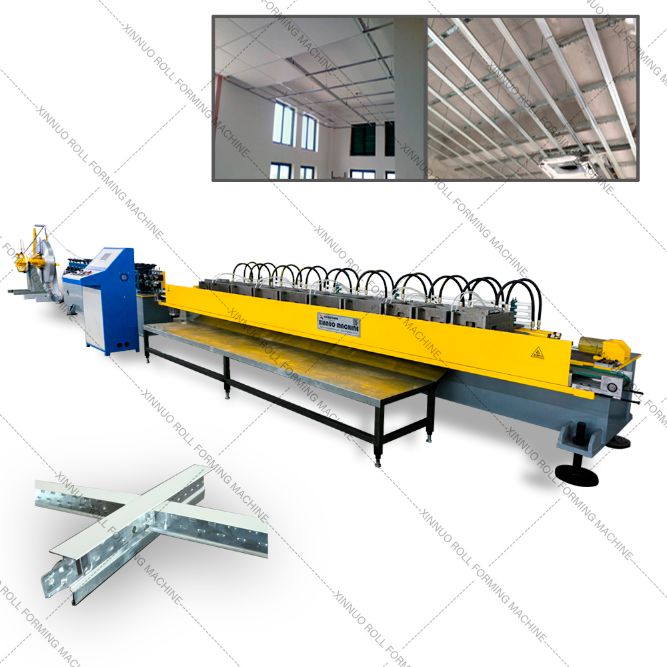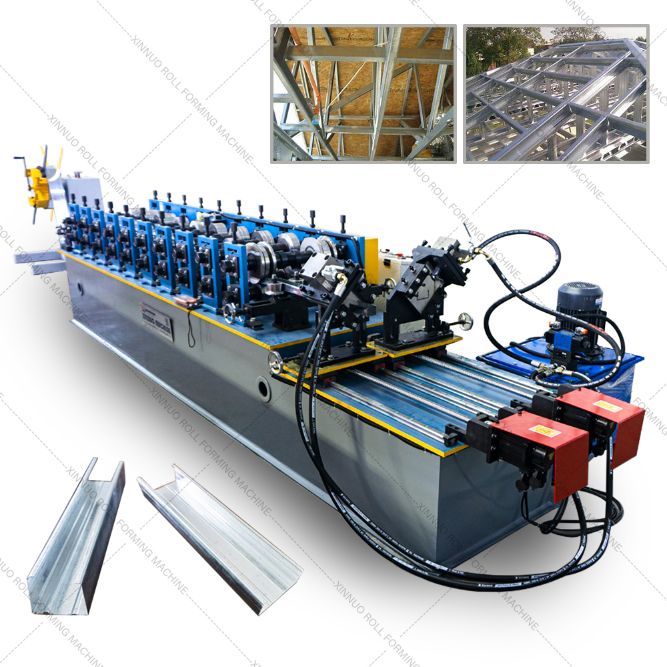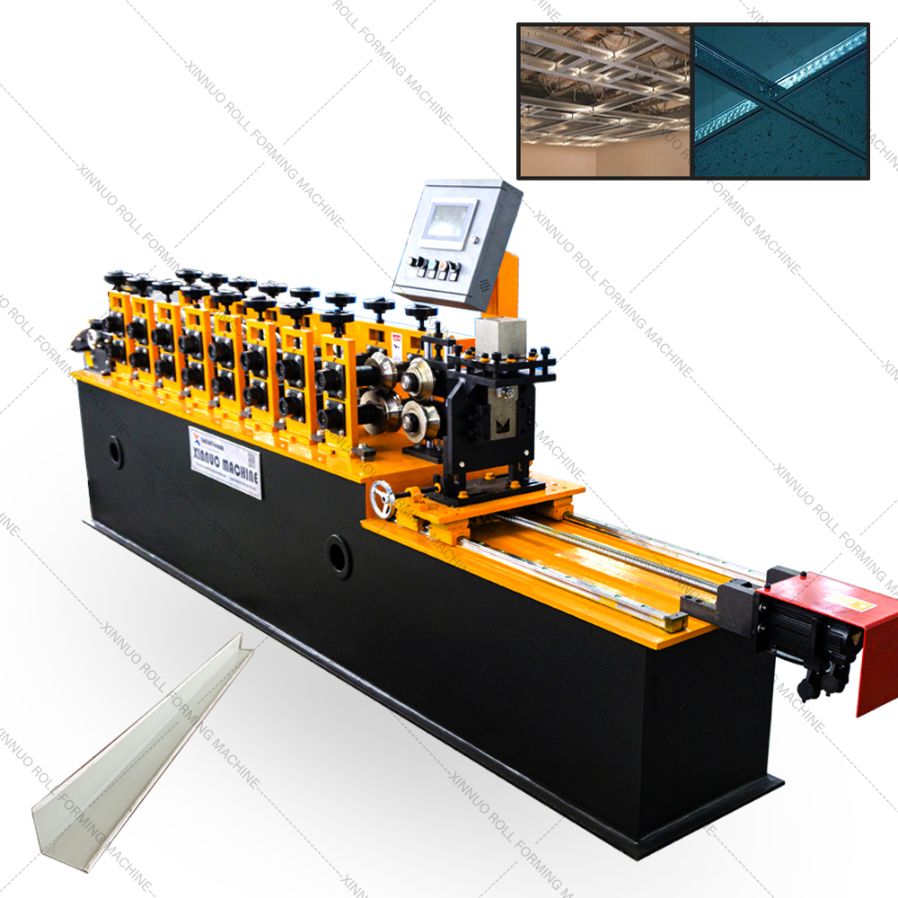Most riders focus on generating maximum power and pushing it to the limit. Often overlooked are those wheel bolts that are subjected to shear loads of over 30,000 psi in a car with an 11,000 horsepower nitro engine and over 15,000 psi in a door slam.
To apply their expertise in this area, we contacted two companies with over 100 years of wheel fitting experience: ARP and Mark Williams Enterprises.
As early as 1974, Williams developed a basic set for professional cars that has been used successfully ever since: a strong 5/8″ screw-in stud attached to the rear with a lock nut and large 11/16″ shoulders. to accommodate aluminum drive wheels. This centers the wheel on the studs and not on the taper of the nuts. However, given the variety of rim thicknesses on the market and the desire to keep spinning weight to a minimum, there are many variables to consider. But first, let’s look at shoulderless stilettos.
This figure shows the various parameters needed to select the optimal shoulder wheel bolt length.
ARP’s strength is the production of special press-fit wheel studs in 7/16-20, ½-20, M12 x 1.50 and M14 x 1.50 pitches. The latest ARP catalog has over three dozen special stud numbers. ARP also offers screw-in studs (1/2-20) in various lengths for aftermarket axles, as well as M12 x 1.50 studs with a total length of 2.955 inches.
For optimum weight savings, the premium MW kit includes titanium studs and aluminum nuts.
Far superior to OEM products, ARP studs are made from 8740 chrome molybdenum steel alloy and heat treated to achieve a tensile strength of 190,000 psi. They are cadmium coated for extra durability.
Installing press-fit studs is fairly easy, however ARP studs are knurled with interference and the stud can turn if the hole is too large. This is why almost all aftermarket racing car axles and hubs are fitted with screw-in studs.
(Left) ARP press-in studs are typically application specific, but for other vehicles they may be specified by overall length (1), knurled length (2), nose length (3), and knurled diameter (4). They are available with various thread sizes. (Right) Critical dimensions needed to properly select a screw-in stud include underhead length (1), thread length (2), and nose length (3). ARP offers six configurations.
For those considering modifying OEM axles to fit other studs or perforated hubs, detailed instructions can be found in the ARP catalog (free printed copies available upon request).
MW shouldered drive studs are available in steel and titanium. A typical setup consists of 5/8-18 studs and lock nuts holding it in place, and the wheel is held in place with split flange nuts and aluminum washers to prevent damage to the wheel.
Screw-in studs can be found in a variety of configurations including hex, 12-point, and hex wrenches. ARP is usually 12 points.
Titanium alloy studs are available that are approximately 45% lighter than steel studs of the same size. This is an important consideration for riders looking to keep spin mass to a minimum. However, the improved performance comes at a price, as titanium studs cost about three times as much as steel studs.
Selecting the correct stud length is of course important, the stud drive shoulder must be fully engaged with the wheel. MW recommends that the unthreaded stud shank be slightly larger than the combined thickness of the brake cap or drum and wheel. The washer should be thicker than the part of the shoulder that protrudes from the surface of the wheel.
Base nuts are available with four different washers from 3/16″ to 3/4″ thick.
To make it easier to install any type of stud (wheel or otherwise) and reduce the chance of damaging the threads or stud protrusion, MW offers a special stud setting tool that fits a variety of cartridges from 5/16-24 to 5/8-18.
You wouldn’t think low profile nuts would be the focus, but Williams has developed an effective device with encapsulated aluminum washers of various thicknesses from 3/16″ to 3/4″ to compensate for different combinations of wheels and brake caps and prevent wheel damage. Snap-Lock steel base nuts are used instead of standard flange nuts with four washer options.
ARP manufactures a wide range of press-fit wheel studs, from the massive “speed studs” used by NASCAR Cup teams (left) to the small custom studs used on more than three dozen vehicles.
For those looking for absolute weight savings, MW offers a one piece aluminum nut made from 7075-T6 aluminum and hard anodized. The built-in aluminum washer snaps onto the nut and rotates freely. Although they are included in the MW Titanium stud set, they can also be used with steel studs.
At this point, you have…information that you can use to make your racing car transmission “bulletproof”. What’s more, both ARP and MW have experienced technical teams that provide convenient, personalized assistance free of charge.
Standard MW stud kits include collared studs, steel locknuts and jam nuts, and 10-packs of aluminum.
Create your own newsletter using your favorite content from Dragzine delivered straight to your inbox, absolutely free!
We promise not to use your email address for anything other than exclusive updates from the Power Automedia Network.
Post time: Apr-22-2023


